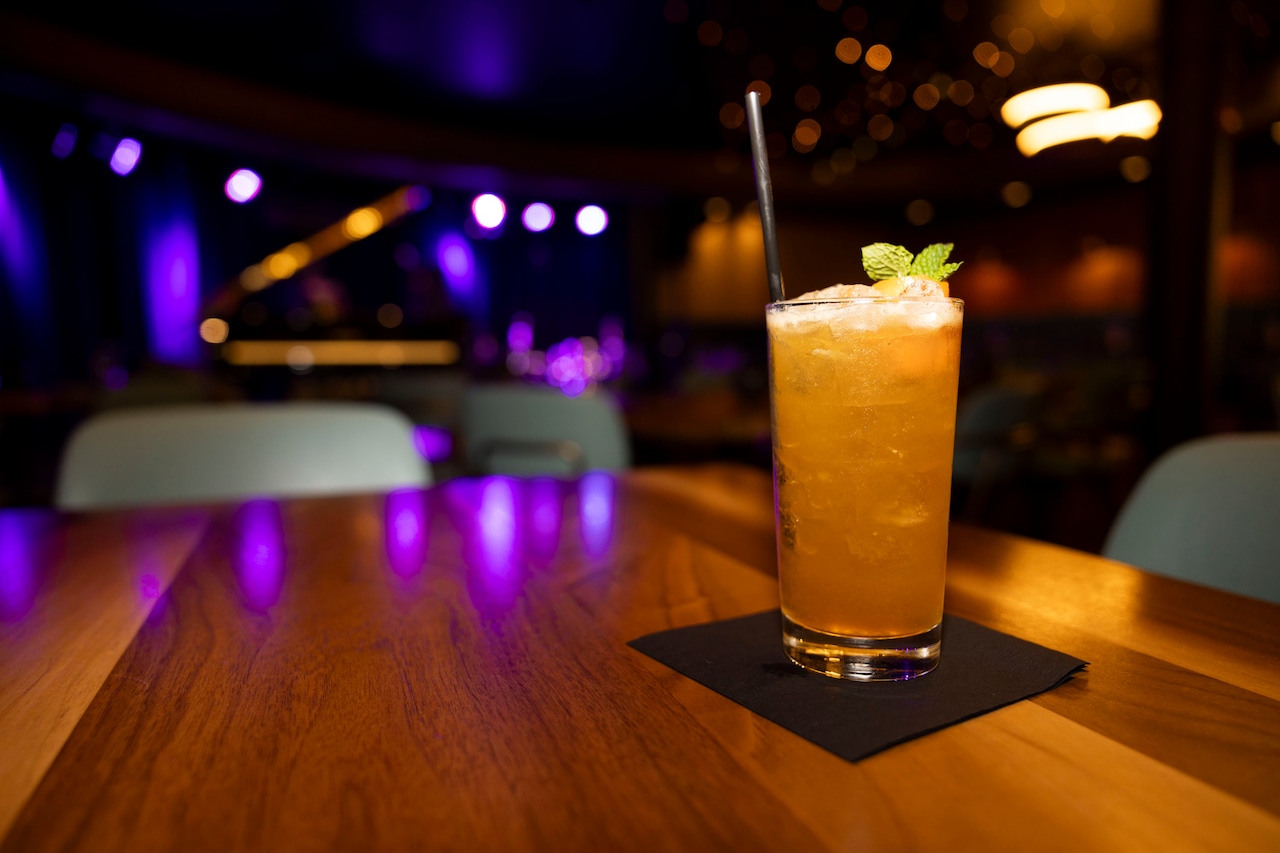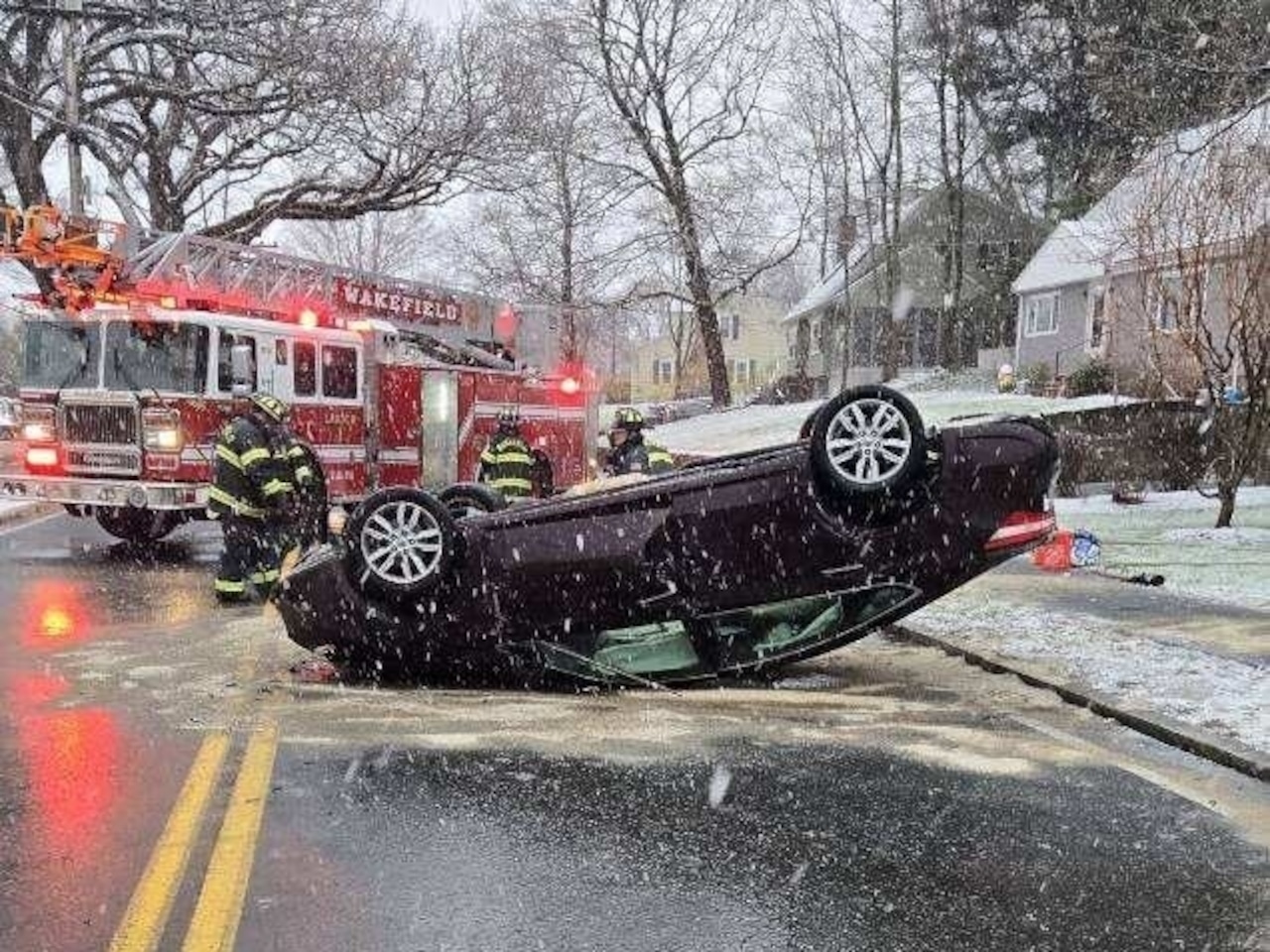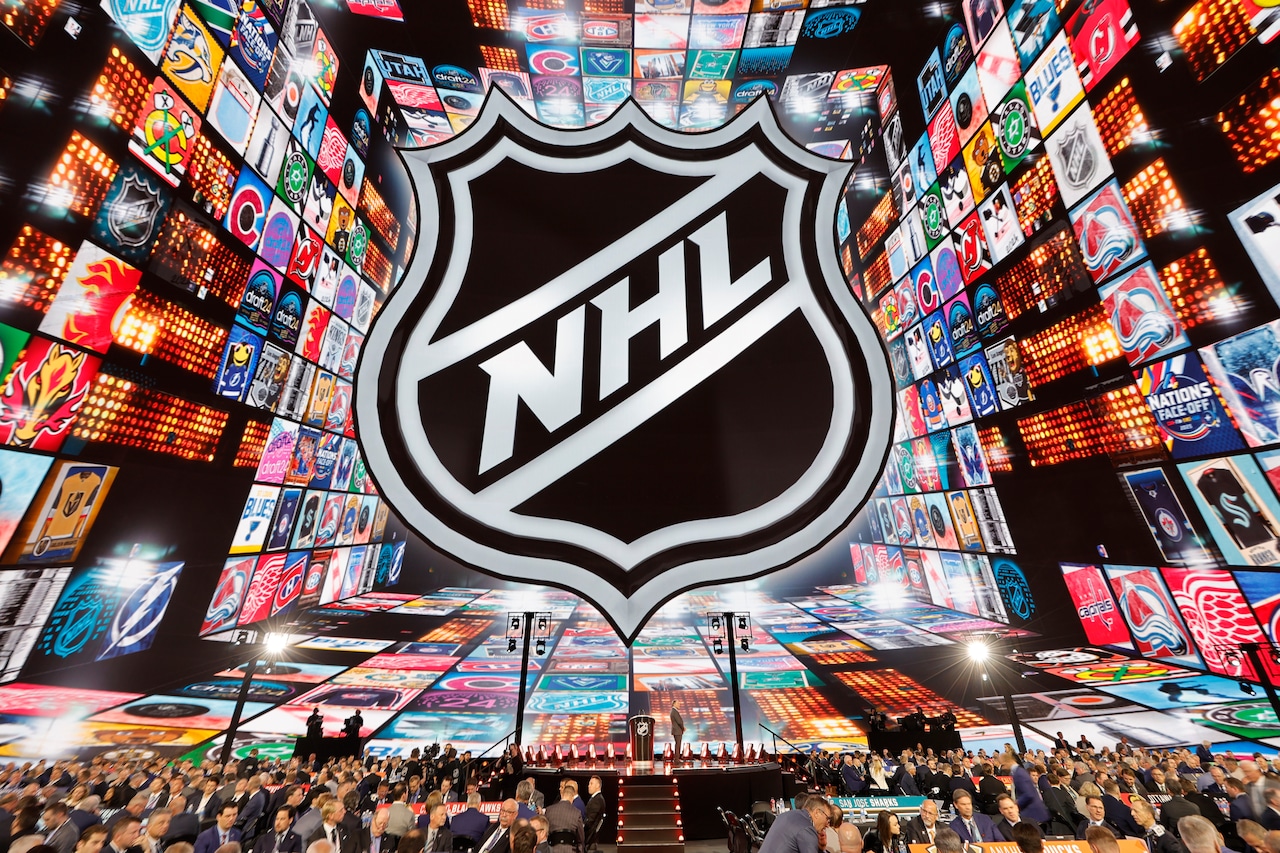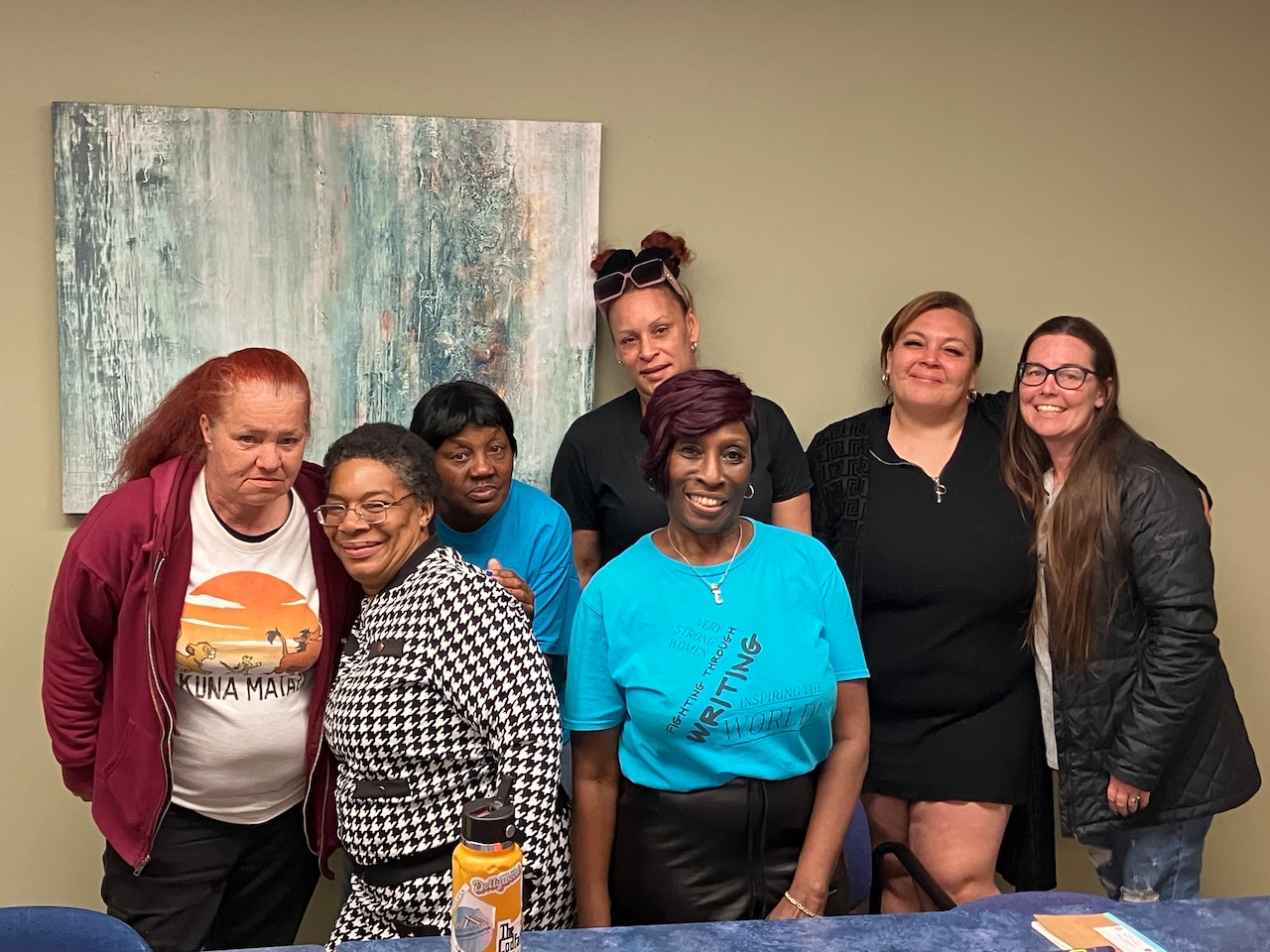
In downtown Boston, out-of-town visitors might be surprised at how quiet the restaurant and bar scene is for a major city.
One reason for that is a state-imposed cap on liquor licenses, which limits how many establishments are allowed to open. Some lawmakers, however, are looking to address the problem by expanding the cap.
Last year, the Boston City Council unanimously passed a home rule petition asking the state for approval to release 250 new liquor licenses over the next five years, restricting the licenses to 10 zip codes with few existing licenses. Most of these neighborhoods have a high population of people of color and are desperate for new economic development.
However, the change has yet to be implemented or even approved, and this week, the House reduced the bill to 205 new liquor licenses.
“The idea is to start getting the tools inside the hands of business owners or restaurateurs who’ve been operating for decades solely on takeout, give them the opportunity to hire more people from the community,” said Boston City Councilor Brian Worrell, one of the original sponsors of the home rule petition. “When small businesses are making more money, they tend to reinvest in the neighborhoods in which they’re operating.”
How are liquor licenses distributed in Massachusetts?
According to state law written in 1933 after the end of Prohibition, every city and town in Massachusetts may grant up to one license for on-premises alcohol consumption per 1,000 residents, with a minimum cap of 14 licenses.
However, there is a catch: throughout Chapter 138, Section 17 of the Massachusetts General Laws, the section governing liquor license quotas is the phrase “except the city of Boston.”
The capital city has its own set of rules for liquor licenses. When the law was originally drafted, it allowed Boston to grant 665 licenses for the sale of all alcoholic beverages and 320 for the sale of wine and malt beverages, such as beer, only.
Since then, Boston’s liquor license cap has only been updated a few times, most recently in 2014, when 75 new, nontransferable licenses restricted to certain areas were released. Today, the city is allocated about 1,200 licenses; data on the Boston Licensing Board’s website shows 1,181 active on-premises liquor licenses.
If a business closes, it is not allowed to hang onto a license permanently while not in operation, and the city can seize the license for non-use after a period of time. However, licenses can be sold to a new business taking over the same space or opening up elsewhere in the city, and with the lack of available licenses, they can go for hundreds of thousands of dollars. Licenses have reportedly sold for more than $600,000 in recent years, making them generally one of the biggest expenses for aspiring restaurateurs.
Jessica Muradian, director of government affairs at the Massachusetts Restaurant Association, said in an email that restaurants play a “vital role” in economic development, especially in underrepresented communities.
“We don’t need to head very far in either direction to see the impacts that multiple well-run establishments can have on the revitalization of a neighborhood within the city of Boston,” Muradian said. “Restaurants are engines of economic development; they create jobs and act as vital community and family gathering spaces. Simply stated, more liquor licenses in these neighborhoods means more economic development and more jobs.”
The lack of licenses also affects consumers in Boston, who have frequently complained about its lack of nightlife and entertainment opportunities when compared to other major cities.
“The [MBTA] C Line pops above ground at St Mary’s and there’s like six restaurants opening in a row just over the [Brookline] line,” said Jay Zagorsky, a clinical associate professor at Boston University’s Questrom School of Business. “But I see why. A hundred feet over there, you can’t have a liquor license. A hundred feet this way, you can serve beer and wine. They’re making it easy.”
Liquor laws stuck in the past
Local legend says that when Prohibition ended in 1933 and Massachusetts drew up the regulations on liquor licenses, the state Legislature — made up largely of the elite Brahmin — used the new laws as a way to limit the power of the Irish Boston city government.
Whether the legend is true, the Legislature has long been reluctant to change the quota system.
Municipalities must submit a home rule petition to the state in order to add licenses beyond the statutory maximum, and multiple cities and towns do so every year. A handful, including Cambridge and Worcester, have successfully petitioned the state to let them opt out of the quota entirely over the years, but the vast majority are still governed by the old system.
“Nobody probably ever envisioned back then that there would be a market for [liquor licenses], or certainly the value that it has wound up being,” said John Connell, an attorney with Upton, Connell & Devlin who specializes in licensing. “They weren’t designed to be issued for economic stimulus in places that needed it. None of that was in the original framers’ concept, the original concept, which continues today.”
Connell explained that the state’s three-tiered system, which requires licensed businesses to sell alcohol from the brewer or distiller to the wholesaler to the restaurant or package store, both provided revenue as each tier was taxed separately and made alcohol more difficult to acquire. The system generally prevented businesses from operating on multiple tiers by brewing their own beers and selling directly to the consumer (today, farmer’s licenses exist for breweries and wineries to operate taprooms on-premises).
There have been many proposals to restructure the law or do away with the limit entirely, but thus far, all have failed. Then-Gov. Deval Patrick attempted unsuccessfully to do so in 2014, and when he took office in 2015, former Gov. Charlie Baker did the same, with support from local governments. Both proposals were blocked by the Legislature.
“It provides power and control,” Zagorsky said. “Politicians aren’t always interested in maximizing societal welfare, they’re sometimes interested in maximizing their own welfare, their own reelection chances, their own things, and by having control over something that’s very important to all of us, eating and drinking … it doesn’t give them control in places like Brookline or Cambridge or Somerville [where licenses are more freely available], but it does give them control of the most economically important part of the state, Boston.”
Even more recently, Gov. Maura Healey shelved the idea of a reform of the system, just three days after announcing it, State House News Service reported in January. A spokesperson for Healey said at the time that the governor still supported the idea but needed more time to “work on the language.”
On Thursday, the House of Representatives moved forward Worrell’s home rule petition, but not without cutbacks. Instead of the 250 licenses proposed over five years, the new version of the bill would create 180 nontransferable licenses — which revert back to the city if the business closes — over three years in 12 zip codes in Roxbury, Dorchester, Mattapan, East Boston, Roslindale, West Roxbury, Hyde Park, Charlestown and Jamaica Plain, establishing three new all-alcohol and two wine and malt licenses per zip code each year. These licenses would be awarded only to establishments that prepare food on-site.
The House bill would also provide three nontransferable licenses in the Oak Square neighborhood of Brighton, 15 nontransferable licenses for community spaces like outdoor spaces, theaters and nonprofits, and seven nonrestricted, transferable licenses.
Worrell said that while the original proposal of 250 licenses was ambitious, “Any and everything is enough when we’re starting at eight or six in these neighborhoods.”
Would liquor license reform address inequality?
Other proponents of Boston’s request for more licenses say they would help address racial economic disparities in the city.
“Mattapan has only eight out of the total 1,090 on-premise liquor licenses,” Worrell said. “On Blue Hill Ave. [in Dorchester], once a thriving commercial district and historic home of Boston’s Black community and immigrant population, has only six. When you compare that to other neighborhoods that have 80, like Back Bay, the disparities send a clear message.”
By restricting new licenses to specific zip codes that currently have less than their share, the proposal aims to spur economic development.
Similarly, the 2014 batch of 75 new licenses was aimed at underrepresented areas and allowed new businesses to flourish; however, these licenses were not restricted to specific zip codes, so they were still inequitably distributed in some ways, advocates say. For example, Mattapan received none of the 2014 licenses.
“Licenses in these neighborhoods should not be transferable; they should not be sold or otherwise involved in the secondary market and transferred to neighborhoods that are not in need,” Muradian of the Massachusetts Restaurant Association said. “The city of Boston positions itself as a world-class destination. It is important that we add more liquor licenses to reflect our global and regional economy in all neighborhoods.”
However, some say nontransferable licenses, while well-meaning, can hurt the communities they aim to help. With licenses worth so much, they can be used as collateral with banks for entrepreneurs opening up a new restaurant, and also provide a safety net for the license holder.
“In theory, it solves some of the problems of economic stimulus and inclusion, but they are a handicap to that business because at the end of the day they can’t sell that license,” Connell said. “Every restaurant has its day and it has its death. And when it’s about to die, either because the owners are getting older, they’re getting sick of it, the business is failing or the rent has become too much, they’re looking to sell their business.”
Worrell said he understood that people might want more from the liquor license system but pointed out that there are very few other industries where selling a license when your business closes is an option.
“The opportunity you get to start generating more money is something that I think is more impactful than a one-time windfall,” he said.
Supporters of the current system worry that if too many new licenses are introduced, the ones they may have spent hundreds of thousands of dollars on or taken out loans to pay for could depreciate in value.
Some have made comparisons to taxi medallions, which allow drivers to operate cabs. In the early 2010s, medallions in New York City could sell for over $1 million and more than $600,000 in Boston, but when Uber was introduced, their value shot down, Commonwealth Beacon reported at the time.
In April 2020, then-City Councilor Lydia Edwards proposed a buyback program for Boston liquor license holders affected by the pandemic to recoup some of the costs, according to the Boston Globe. While the idea had some support, the program never materialized.
“We have a broken system statewide,” Zagorsky said. “If we’d like the restaurant industry to thrive in Boston, we need fewer restrictions … I think the Legislature is being exceptionally short-sighted by perpetuating the system.”






